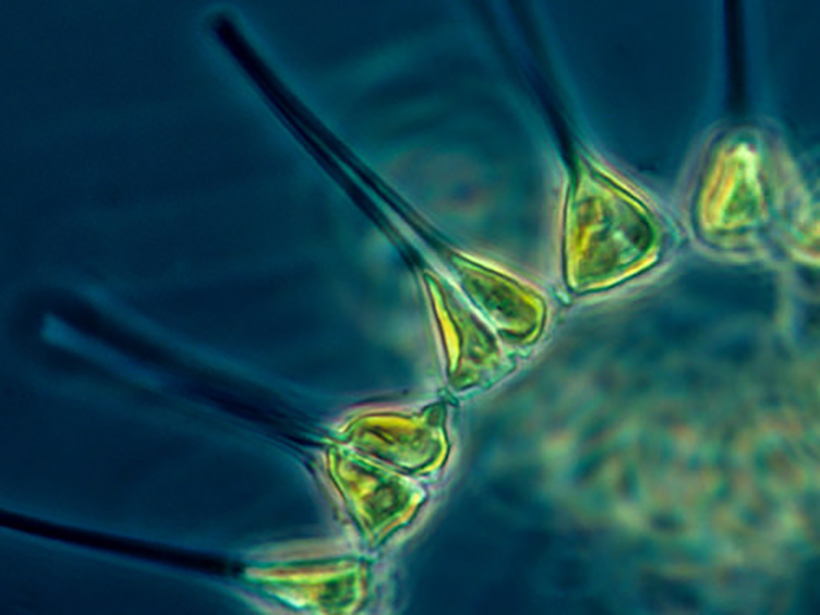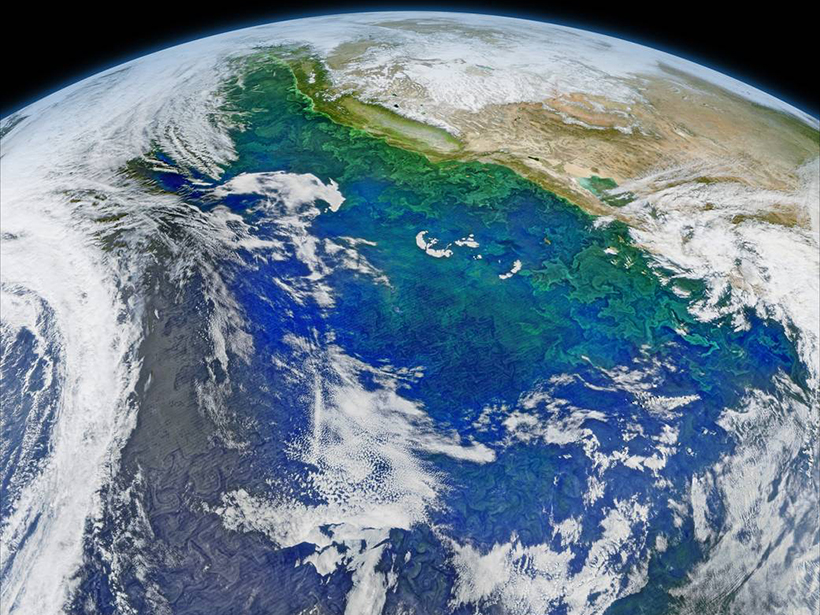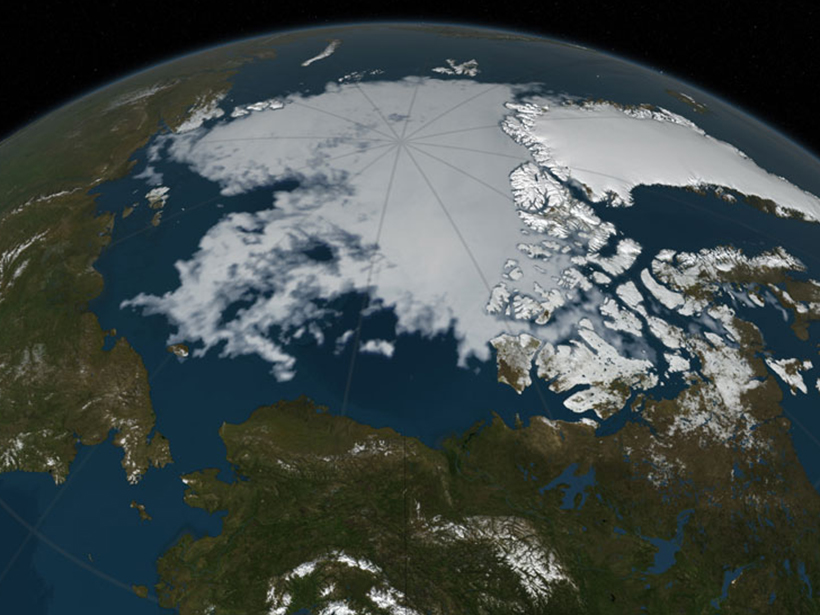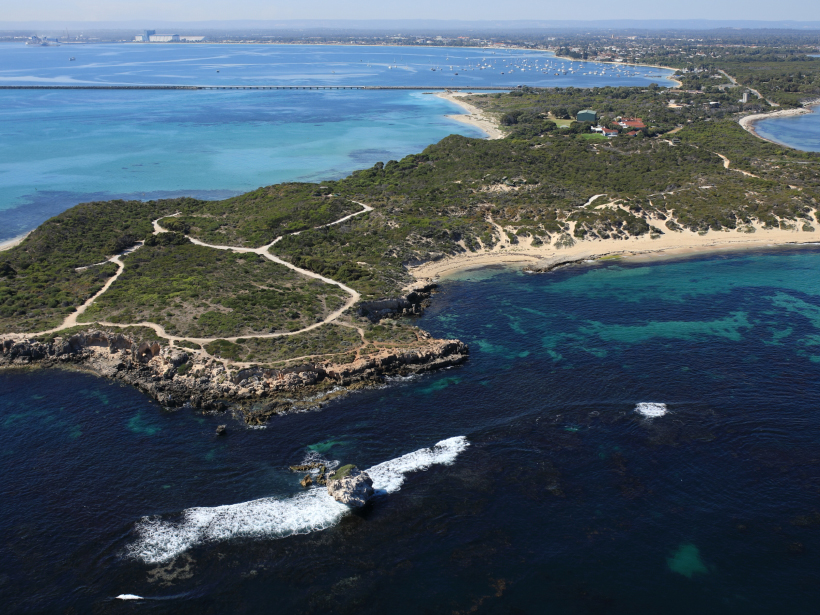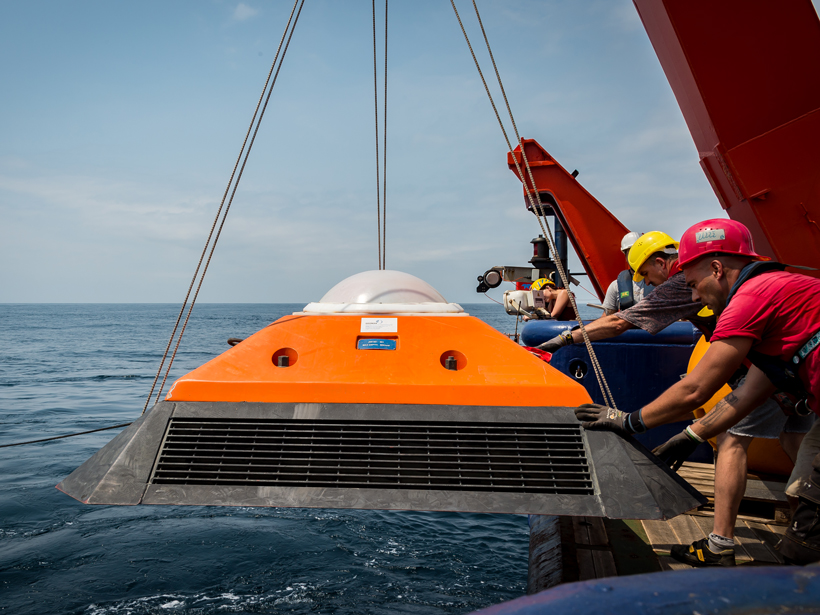A study explores the relationship between diverse El Niño events and the background state of the tropical Pacific.
Journal of Geophysical Research: Oceans
Run-Ups of Unusual Size
Not all waves are created equal when it comes to eroding sandy shorelines. Here’s a look at the physics that drives the big ones.
“Do You Expect Me to Just Give Away My Data?”
The Editor-in-Chief of JGR: Oceans explains why the new AGU data policy is important for the rigor and long-term security of scientific research.
World’s Biggest Oxygen Producers Living in Swirling Ocean Waters
Oceanographers probe the impact of deep swirling vortices on phytoplankton.
Detecting Gas Leaks with Autonomous Underwater Vehicles
A Norwegian team develops an improved, cost-effective method to detect chemical discharges under the sea.
Powerful Pacific Forces Disrupt the California Current
Scientists create a 66-year data record to shed light on the role of El Niño in the California Current System’s shifting temperatures.
A Benchmark for Trace Greenhouse Gases in the Arctic Ocean
Samples of seawater from the North American Arctic show that the region is neither a major source nor sink of methane and nitrous oxide to the overlying atmosphere.
Modeling Ocean Waves over Rocky Reefs
A field survey in Australia links rugged seafloor terrain to erosion-causing waves.
First Detailed Study of Circulation off Angola
New data give scientists insight into the eastern boundary current off Angola, helping them to evaluate and assess why simulations create sea surface temperature biases in the region.
River Plumes near the Equator Have Major Effects on Oceans
Every second, the Congo sends millions of gallons of freshwater deep into the Atlantic, influencing marine plants and wildlife.




